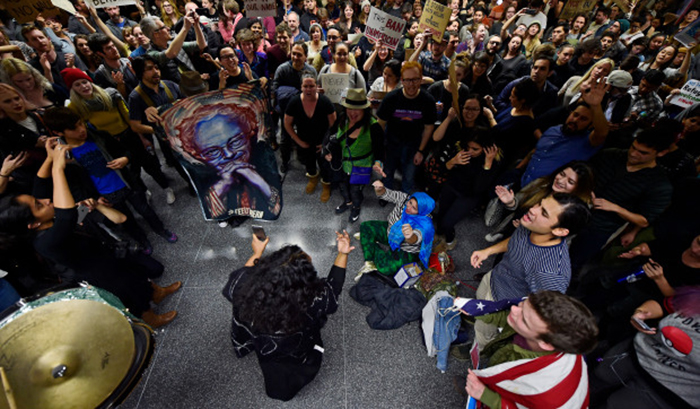Third in a four-part series.
Re: “BDS II: What Are Critics Talking About?”
In his Los Angeles Times essay asserting Israel is an “apartheid state,” Prof. Saree Makdisi of the University of California at Los Angeles hedges with modifiers like “frequently,” “largely,” and “informal.”
Moreover, nothing about his list adds up to apartheid. Citing the 1965 International Convention on the Elimination of All Forms of Racial Discrimination (to which Israel is a signatory), Mr. Makdisi defines apartheid as a system of odious distinctions and preferences because of factors such as race, descent, or national origin “for the purpose or effect of nullifying or impairing the recognition, enjoyment or exercise, on an equal footing, of human rights and fundamental freedoms in the political, economic, social, cultural or any other field of public life.”
Yet the distinctions of which Mr. Makdisi complains are not based on race, religion, or national origin. To the contrary, in almost every instance they are premised on the difference between citizens of Israel (whether Muslims, Christians or Jews) and Arab non-citizens living in the West Bank. Almost all of the latter reside within semi-autonomous areas controlled by the Palestinian Authority which, in its official documents, calls itself the State of Palestine.
Perhaps needless to say, acts of terror have emanated from these territories, sometimes sporadically, sometimes far worse.
So of course there are checkpoints; of course West Bank Arabs don’t live in Jewish West Bank communities and cannot automatically move to Israel by marrying Israeli citizens; and of course military law governs there.
It is not apartheid for a state to control its borders or its immigration policy, nor to protect its population from non-citizen terrorists.
Underscoring that the so-called “odious” distinctions are between citizens and non-citizens is that none of this applies to the more than 1.5 million Israeli Arab Muslims.
These Arab citizens, like Israeli Jews, are governed by Israeli civil law, as are Arabs in the annexed portions of the Golan Heights and East Jerusalem, who can be citizens if they choose.
(That Israel can’t win is demonstrated by United Nations Security Council Resolution 497, which condemned the application of civil law to the Golan Heights.)
(To be continued)
Mr. Smith, an attorney in Los Angeles, may be contacted at gsmith@irell.com






